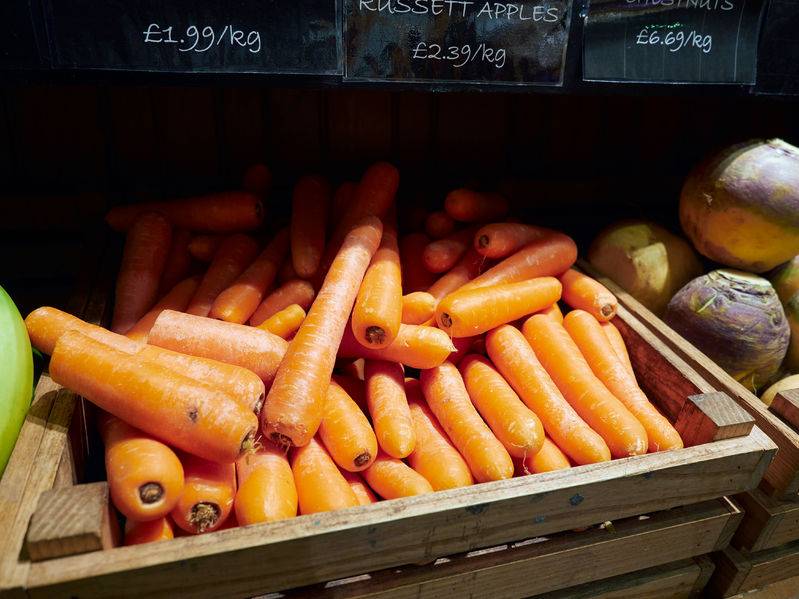
The public benefits offered to the UK by organic agriculture need to be "properly recognised and rewarded" by government post-Brexit, according to an organic certifier.
OF&G says the development of a new UK domestic agricultural policy offers the chance to address "systematic failures" in the food system which have led to a decline in soils, biodiversity and water quality.
And it says that by recognising those farming systems which provide "clear and substantiated benefits" to the public, the government has the opportunity to create a food system which offers long-term benefits.
To set out its suggestions for a new approach to UK agriculture, OF&G has written a policy paper which it hopes will help inform and shape the debate about the future of food and farming.
The paper, 'An Organic Systems Approach to the Provision of Public Goods', says that by combining modern techniques with traditional farming practices, organic farming simultaneously offers numerous benefits to the public.
The paper says that as well as maintaining the long-term fertility of soils, it protects biodiversity, preserves water quality and maintains high animal welfare, whilst producing high quality food.
However, by preserving public goods, organic farming systems have had to bear much of the cost, as seen by the premium shoppers have to pay for organic food, the paper says.
'Properly rewarded'
It goes on to say that if organic production was "properly rewarded", then organic food would be more accessible to all.
The paper, launched this week, sets out a number of issues OF&G believes the government needs to consider if it is to create a profitable farming system.
In particular, OF&G uses the paper to call for organic agriculture to be recognised as a distinct farming system, and the delivery of these public goods to be recognised and adequately rewarded.
The certifier says these costs should not be passed onto organic consumers.
It also recommends an increase in agro-ecological farmland. It recommends that agro-ecological farming should about for about 20% of the UK agricultural area, with organic representing half of that total.
'Regenerative approach'
Roger Kerr, OF&G chief executive, said now is the "perfect opportunity" for the government to recognise the role organic can play in delivering goods.
“We can’t put clean water, biodiversity and climate challenges on hold while we sort out soils, any more than we can solve biodiversity issues but ignore challenges,” Mr Kerr explained.
“We need a systematic, regenerative approach to food production which addresses all of these challenges, and recognises and values those who are embracing that approach.”
